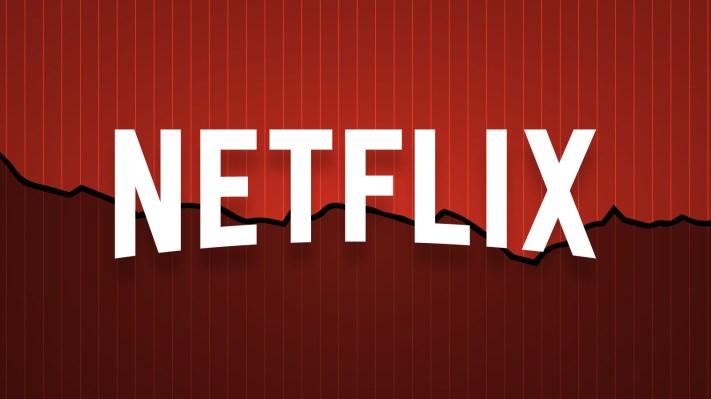Netflix just released its fourth quarter earnings report, sending the stock up more than 8 percent (as of 4:35 p.m. Eastern) in after-hours trading.
The company reported revenue of $1.82 billion, up from $1.48 billion during the same quarter last year, and earnings per share of 10 cents. Analysts had been predicting revenue of $1.83 billion and EPS of 2 cents. So that’s a very slight miss on revenue but a big win on earnings/profitability (apparently a big goal for 2016).
Investors have been paying close attention to Netflix’s subscriber numbers, with the stock tumbling after Q3’s disappointing growth. This time, Netflix reported 1.56 million new subscribers in the U.S., coming short of the company’s projections of 1.65 million, but exceeding its 3.5 million global project with international net additions of 4.04 million. So it added 5.6 million subscribers total, and says it now has 75 million members globally.
Looking beyond Q4, the company has announced that it’s expanding into 130 new countries (just not China), which is probably why it’s predicting growth of 6 million members this quarter.
The Q4 investor letter also discusses Netflix’s continuing efforts to produce its own TV shows and movies, saying it plans to release 600 hours of original content this year, up from 450 hours in 2015. And it says, tongue presumably in cheek:
The growth of Netflix has created some anxiety among TV networks and calls to be fearful. Or, at the other extreme, an NBC executive recently said Internet TV is overblown and that linear TV is “TV like God intended.” Our investors are not as sure of God’s intentions for TV, and instead think that Internet TV is a fundamentally better entertainment experience that will gain share for many years. The challenge for traditional media companies, most of whom see the future pretty clearly, is to use the revenue from Netflix and other SVOD services to fund both great content and their own evolution into Internet TV networks. Seeso, BBC iPlayer, Hulu, CanalPlay, HBO Now, and CBS All Access are the beginnings of these efforts.
